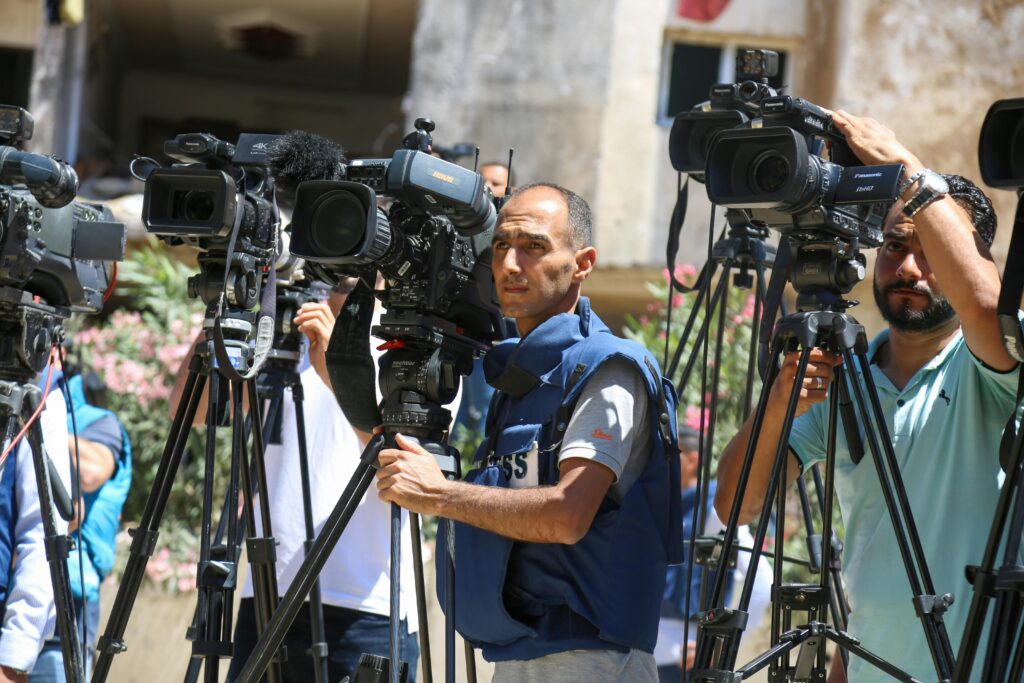
Middle East Crisis Expected To Continue Through End of Year
The ongoing conflict in Gaza has seen significant escalations, with Israeli officials indicating that the offensive may continue until the end of the year. This development comes amidst a backdrop of intensified violence, humanitarian concerns, and international reactions. This article provides an in-depth analysis of the current situation, its implications, and perspectives from various sources.
Background of the Conflict
Historical Context
The Israeli-Palestinian conflict has deep historical roots, characterized by decades of territorial disputes, political tensions, and intermittent violence. Gaza, governed by Hamas since 2007, has been a focal point of this conflict. The blockade imposed by Israel and Egypt has significantly affected Gaza’s economy and living conditions, leading to periodic escalations in violence.
Recent Escalations
The current offensive began following a series of rocket attacks from Gaza into Israeli territory and subsequent Israeli airstrikes. The escalation has resulted in substantial casualties and destruction on both sides. According to recent reports, hundreds of Palestinians, including civilians, have been killed, while Israel has also faced casualties and damage from rocket fire.
Israeli Perspective
Strategic Objectives
Israeli officials have stated that the ongoing offensive aims to neutralize Hamas’ military capabilities and prevent future attacks on Israeli civilians. The destruction of tunnel networks, rocket launch sites, and other military infrastructure has been prioritized. The Israeli government asserts that these actions are necessary for the country’s security and stability.
Duration of the Offensive
In a recent statement, an Israeli official indicated that the offensive might continue until the end of the year. This extended timeline is attributed to the need for a comprehensive dismantling of Hamas’ operational capabilities. The official emphasized that while efforts would be made to minimize civilian casualties, the primary focus remains on ensuring long-term security.
Palestinian Perspective
Humanitarian Impact
The extended offensive has exacerbated an already dire humanitarian situation in Gaza. The blockade, combined with continuous airstrikes, has severely impacted access to essential services such as healthcare, water, and electricity. According to UN reports, the humanitarian crisis in Gaza is reaching unprecedented levels, with thousands displaced and critical infrastructure destroyed.
Calls for Ceasefire
Palestinian leaders and international human rights organizations have called for an immediate ceasefire. They argue that the prolonged offensive will lead to further civilian suffering and destruction. Hamas officials have condemned the Israeli actions as collective punishment and have vowed to continue their resistance.
International Reactions
United States
The United States has reiterated its support for Israel’s right to self-defense while expressing concern over the humanitarian impact of the conflict. The Biden administration has called for restraint and urged both sides to engage in negotiations to reach a lasting resolution. Additionally, the U.S. has provided humanitarian aid to Gaza and has been involved in diplomatic efforts to broker a ceasefire.
European Union
The European Union has called for an immediate cessation of hostilities and emphasized the need for a two-state solution. EU officials have criticized the disproportionate use of force by Israel and the indiscriminate rocket attacks by Hamas. The EU has also pledged humanitarian assistance to address the urgent needs of the Gaza population.
United Nations
The United Nations has been vocal in its condemnation of the violence and has called for an immediate end to the hostilities. The UN Secretary-General has highlighted the catastrophic humanitarian impact and urged both parties to adhere to international humanitarian law. The UN has also been involved in efforts to facilitate humanitarian aid delivery to Gaza.
Analysis and Implications
Prolonged Conflict and Regional Stability
The continuation of the Gaza offensive until the end of the year raises concerns about regional stability. Prolonged conflict could lead to further destabilization in the Middle East, potentially drawing in other regional actors and escalating tensions. Neighboring countries, particularly Egypt and Jordan, are closely monitoring the situation and have been involved in mediation efforts.
Humanitarian Crisis
The humanitarian impact of the extended offensive cannot be overstated. With critical infrastructure destroyed and thousands displaced, the people of Gaza are facing severe hardships. The international community’s response in terms of humanitarian aid and diplomatic pressure will be crucial in mitigating the crisis.
Political Ramifications
The conflict has significant political implications for both Israel and the Palestinian territories. In Israel, the government’s handling of the offensive will influence domestic politics, particularly with upcoming elections. For the Palestinians, the conflict affects the internal dynamics between Hamas and the Palestinian Authority, complicating efforts towards unity and statehood.
Path to Resolution
Achieving a lasting resolution to the Israeli-Palestinian conflict requires addressing the underlying issues of territorial disputes, political sovereignty, and mutual recognition. International efforts to mediate a ceasefire and resume peace talks are essential. The role of the United States, the European Union, and regional actors will be critical in facilitating dialogue and negotiation.
Conclusion
The Gaza offensive, expected to last until the end of the year, presents a complex and multifaceted crisis with significant humanitarian, political, and regional implications. Balancing security concerns with humanitarian considerations will be crucial in navigating this challenging period. The international community’s engagement and efforts towards a sustainable resolution will be pivotal in addressing the root causes of the conflict and ensuring long-term peace and stability in the region.
Sources
- “Middle East Crisis – Gaza offensive will last at least through end of year, Israeli official says.” The New York Times. Link
- United Nations Office for the Coordination of Humanitarian Affairs (OCHA) reports on Gaza.
- Statements from the U.S. Department of State regarding the Israel-Gaza conflict.
- European Union official statements on the Middle East peace process.
- Reports from international human rights organizations on the humanitarian impact in Gaza.






Responses